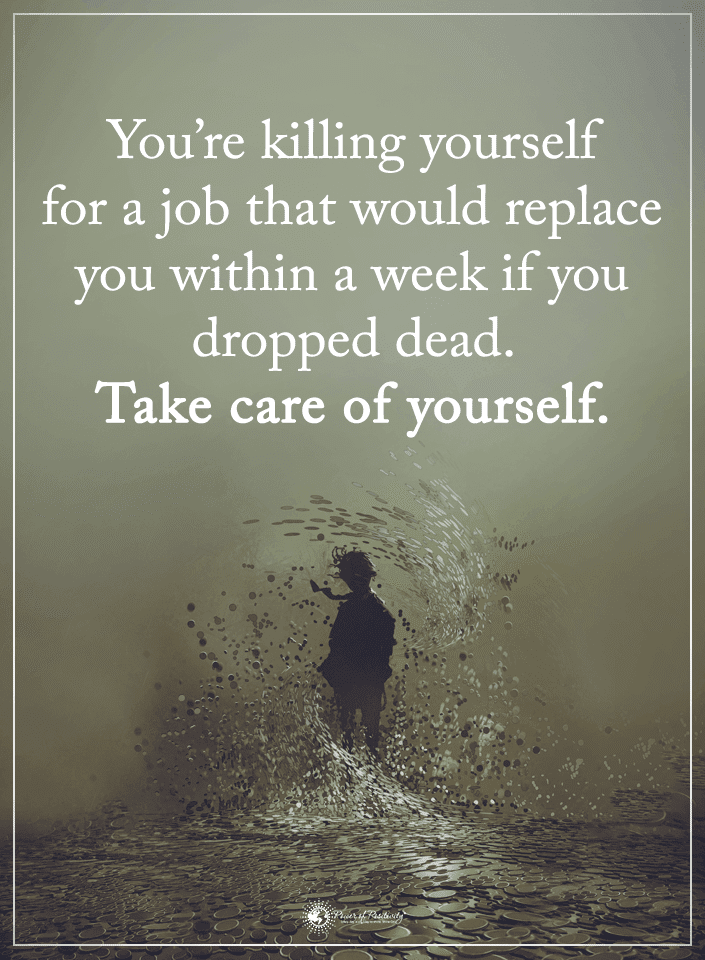Work is a place where many of us take risks. We take our jobs seriously, and when we have setbacks, they hurt. Maybe you’ve lost an important account, or maybe you’ve received a less-than-stellar performance evaluation. Everyone learns to deal with disappointment at work in different ways. Some of these techniques are more productive than others.
Ideally, you can use your negative experiences to strengthen you for the future. Disappointment hurts, but it doesn’t have to hurt forever. Use these five proven techniques to process your feelings and help you become a stronger, more resilient person.
5 Ways to Cope with Disappointment at Work
1. Take Time to Honor your Feelings
It’s better to take the time to feel your negative emotions rather than bottling everything up. Psychotherapist Tina Gilbertson encourages people to “wallow” a little before moving on. “Also, find a word for how you feel, such as disappointed, resentful, or afraid. Labeling feelings helps us make sense of our experience.”
Exploring your sad feelings and your disappointment may help you learn to deal with it next time. Is there anything you could have done to avoid your disappointment? If not, you can put it away more easily. If there are ways you could have improved, focus on making these changes for your own sake.
2. Don’t Take it Personally
When something goes wrong at work and you receive a reprimand, try not to take it as an attack on you personally. Finding out that your work was not up to standards hurts, but it is about your objective performance, not about you as a human being.
It’s very difficult to divorce yourself from self-hatred when you make a mistake. Don’t let yourself fall into this trap. You are a worthy person no matter what your work statistics say. Remind yourself about your good qualities both in the office and at home in your personal life. Making one mistake, even if it may feel like the end of the world at the time, will often have little to no effect on your life as you move forward. Try to let go of your feelings of resentment and depression, as these will only hold you back. Learning to deal with disappointment properly will make you feel better and ready to move on in your work life.
3. Have a Good Vent
Within reason, vent to a friend or loved one. A colleague may not be the best person to vent to about your disappointment, as he or she might be invested in the outcome of your problem. Let out all of your negative feelings. Make sure your friend is ready to hear a long vent and can be there to support you rather than judging you for your loss of composure. After a long vent and maybe a little cry, you will feel more ready to move on and deal with disappointment.
When you vent, try not to make personal judgments about the people who were responsible for your disappointment. This will only create bitter feelings in your heart and cause more resentment down the road. After you finish your venting, you should feel lighter and calmer, not more worked up.
4. Re-Evaluate Your Expectations
If you continually find yourself being disappointed at work, it’s worthwhile to check your expectations and to make sure that they line up with the reality of working in your office. It could be that the job is not the right fit for you, especially if you are never recognized for your hard work. Adjust your expectations and perhaps you’ll find you are not disappointed by as many situations in the office.
5. Try Again
Don’t let your career be derailed by a setback. Jump back on the horse and try again. Your persistence in the face of obstacles will pay off. Employers notice when someone who has been let down continues to work just as hard as before. This persistence and strength may be rewarded down the road.
Learning to persist despite disappointments is an important life lesson. When you have internalized this, you’ll gain a new viewpoint. Then you will be able to move forward with your career.
Final Thoughts
Dealing with life’s setbacks can be upsetting, but it makes us stronger. When you are experiencing difficulties at work, remember these five steps. Honor your feelings and take time to vent to a close friend or family member. Don’t take your disappointments personally, as they do not reflect on you as a person. Check your expectations and make sure they are realistic. Finally, try again.
These five steps will help you move forward with new intention in your career. While everyone experiences setbacks and disappointments at work, they don’t have to take over your life.


















